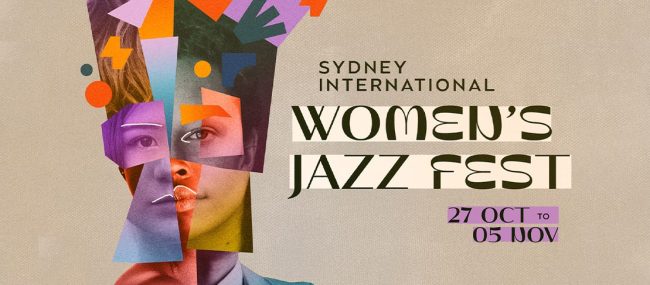Back at Queen Kafé
I absolutely love spending time at Queen Kafé but unfortunately, couldn’t be around as much during the end of my busy uni semester. I remember telling Stephanie (Queen Kafé Producer and Presenter) how nervous I was about a Journalism subject I was doing and she was really encouraging and assured me that I could get through it. Guess what? She was right, not only did I get through it but I ended up acing it. So thank you Queen Kafé for all the support. This is one of the stories I submitted for the subject, hope you enjoy.

Wollongong’s night revelers could soon have more venues to visit on a night out but fewer ways to get home.
Since the cancellation of the Night Bus no new Council initiatives have been introduced to Wollongong’s party precinct to help deter drink driving and walking.
“We need to make sure that we’re keeping our city safe, whether that’s more public transport at night or increased taxi services.
“For us to enjoy the Wollongong night life that’s adding culture to our city we need to think safe,” said local resident Charlotte Olsen.
Whilst there are no new specific Council initiatives to replace it, the State government has restricted the number of liquor licenses in the city center.
This has been met with resistance from live music and small venue operators.
Wollongong Red Square Café Bar owner Michael Bolt has called for community support of more liquor licenses by creating a Facebook page titled Don’t Bar the Bars.
The page currently has more than 1800 likes and has gained support from members of the community.
“I want a culturally diverse nightlife, and for that we need the Council to be open to letting some life into the CBD – restaurants, live music venues, bars, performance spaces, the lot,” said Wollongong local Kristy Newtown.
Whilst locals call for more live music venues and small bars, Independent Liquor and Gambling Authority Chief Executive Micheil Brodie is more concerned with the safety repercussions of too many liquor licenses in one area.
“The Authority must consider each application on its merits and takes into account a range of factors when determining an application, including latest Bureau of Crime Statistics and Research data and information on liquor license density.
“Under NSW liquor laws, the Authority must be satisfied that granting the license would not be detrimental to the well-being of the broader or local community,” said Mr Brodie.
Last year there were 347 alcohol related assaults in Wollongong.
University of Wollongong student, Fiona Cobain has echoed Brodie’s safety concerns.
“When I go out I usually end up walking home because campus is not that far away and buses don’t run late, which in hindsight isn’t safe.
“I definitely think there should be more public transport available at night,” Cobain said.
With bar owners urging for more licensed venues, Wollongong Council may need to implement new initiatives to not only curb drink driving and walking but alcohol-related crime as well.
In the meantime independent initiatives from different sectors of the community are trying to combat the issue.
Radio Cabs of Wollongong has launched a smartphone application.
The app permits users to track the progress of their cab, allowing them to wait inside venues rather than loiter outside.
The University of Wollongong has followed suit by adopting a Safe Zone app that allows students to request a member of the campus security team to escort them home if they feel unsafe.


